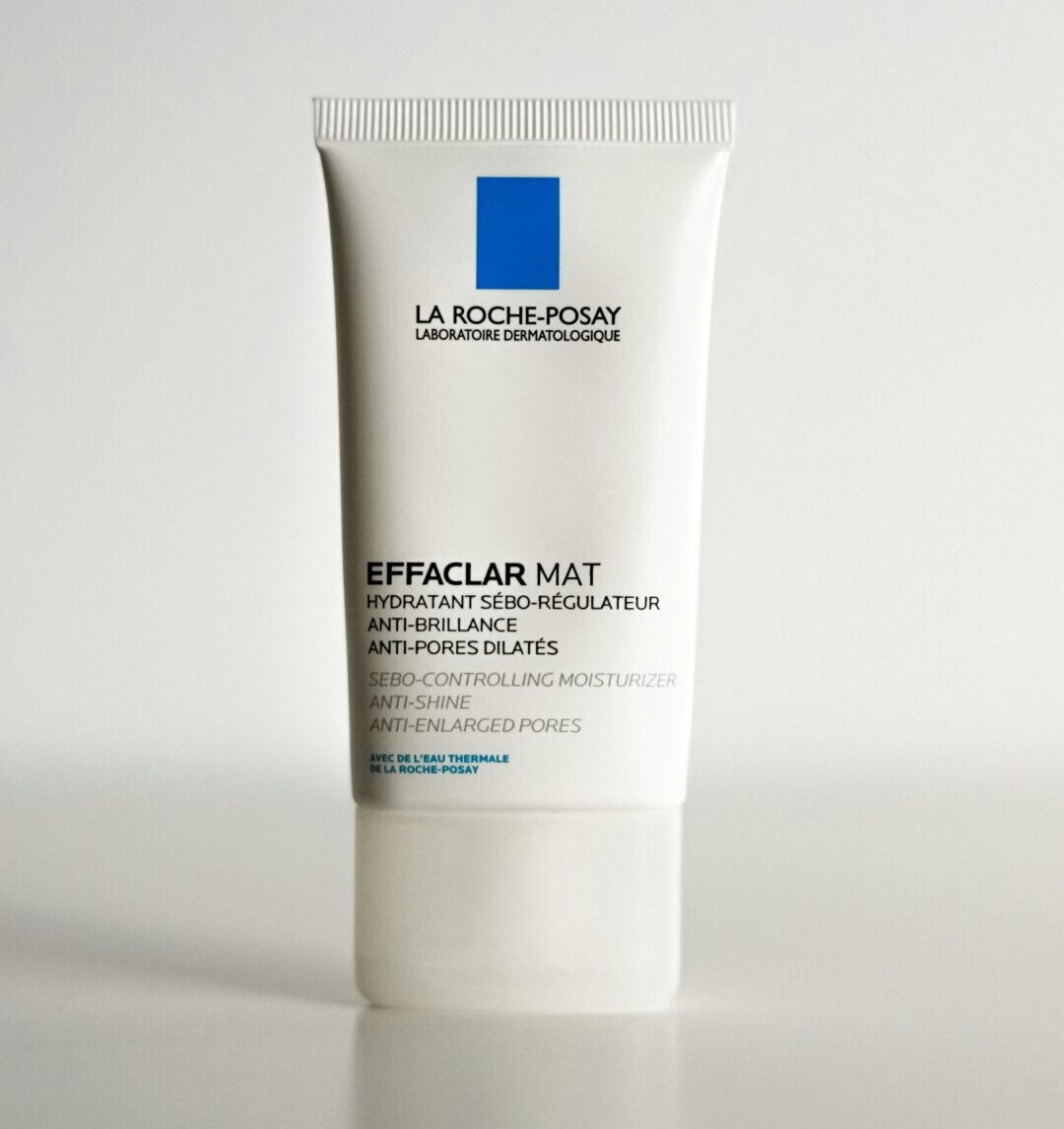Controversies often tend to stir up the otherwise serene world of social media, and recently, a saga involving makeup artist Keziah Jones on TikTok became a hot topic of discussion. The entire drama started when Jones, who had been hired to provide bride Kiana and her bridal party with makeup services for a wedding, was seen to have overstayed her welcome and crossed lines of professional decorum in capturing the day’s events.
Weddings are generally considered to be beautiful and joyous occasions, marked by celebrations that often necessitate experts from several sectors of the wedding service industry. This industry is staggeringly worth a mammoth USD 219.8 billion. The primary role of these professionals – planners, photographers, florists and caterers – is to ensure the smooth execution of wedding ceremonies with minimal stress for the bridal party. Makeup artists, similar to Keziah Jones, who had been hired for the wedding in New York, are an integral part of this segment. However, in this specific scenario, Jones seems to have led the celebratory nature of the occasion to take a chaotic turn.
The main point of contention arose when Jones, supposedly hired only for making up the bridal team, started capturing the wedding proceedings on TikTok in excruciating detail. The videos that ensued were described by many as being ‘creepy surveillance style footage’. Furthermore, even after the completion of her contractual obligations of makeup and touch-ups, Jones took it upon herself to hang behind considerably longer than expected. Eventually, this led to her coming in the way of hired photographers and videographers, thereby hampering the professional recording of the event.
This through-the-lens approach of Jones was neither asked nor appreciated, and her relentless insistence on filming sequences for social media was seen as uncomfortable by many guests at the wedding. This discomfort eventually led to Jones being asked to leave the premises, twice – the second time leading her to involve the bride once again away from her own proceedings. This entire incident, which many see as blatant unprofessionalism and disregard for other people’s privacy, has triggered a widespread backlash against Jones in the public domain.
Interestingly, Jones’ behavior at the wedding appears to have been influenced by a recent personal upheaval. It was revealed that she had discovered about her boyfriend cheating on her a couple of days prior to the wedding. This inevitably led to heightened emotions and personal issues spilling over to her professional life at the wedding. While it is surely unfortunate for Jones to have to deal with such a situation, most professionals agree that it is advisable to keep personal matters in check while on duty.
The aftermath of this saga was probably more heated than the actual episode. With the entire incident going viral on TikTok, both guests and bridesmaids expressed their discomfort and disapproval of Jones’s actions. Kiana, the bride, was understandably upset, claiming that the apologies made by Jones in public did not feel genuine. She firmly expressed her desire to let the incident slide and focus on more joyful aspects instead.
Nevertheless, the incident seems to have rattled enough feathers, with reports of Jones replicating similar behaviors at another wedding. Liz, a wedding content creator, shared her experience of working with Jones and pointed out several instances of unprofessional conduct, which included taking unnecessary breaks, being openly rude to the families, and meddling with the works of official content creators. The fallout of such actions could prove detrimental to Jones’ business, as industry professionals and other brides may hesitate to collaborate with her in the future.
In conclusion, this incident serves as a potent reminder about the importance of professional decorum and respecting boundaries, especially in events monumental as weddings. This incident underscores the importance of maintaining a sharp divide between personal and professional lives, as overlooking this vital principle may result in adverse consequences in the long run.





